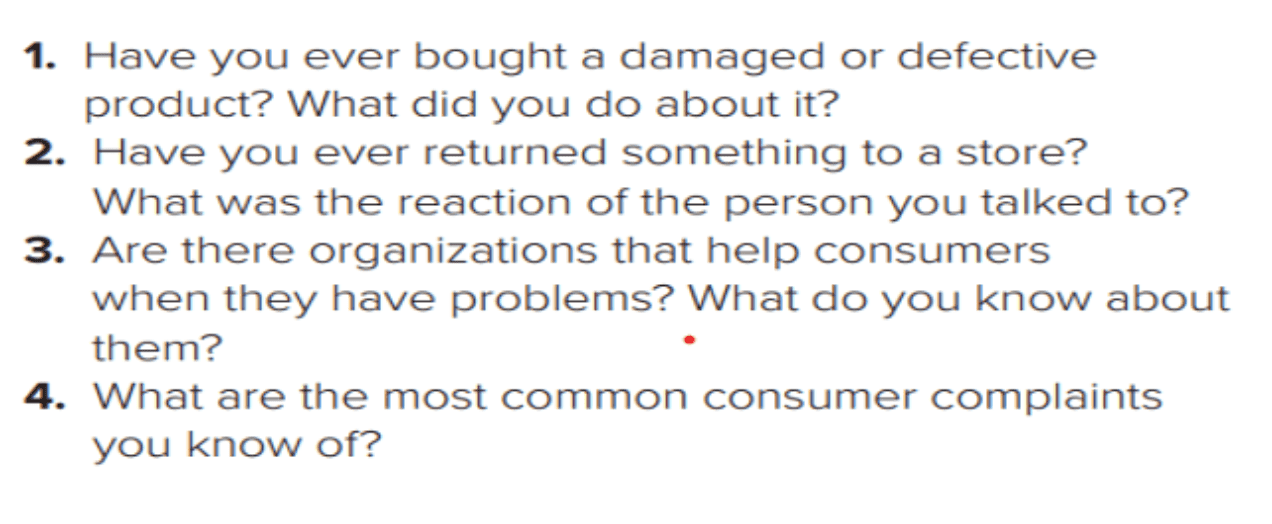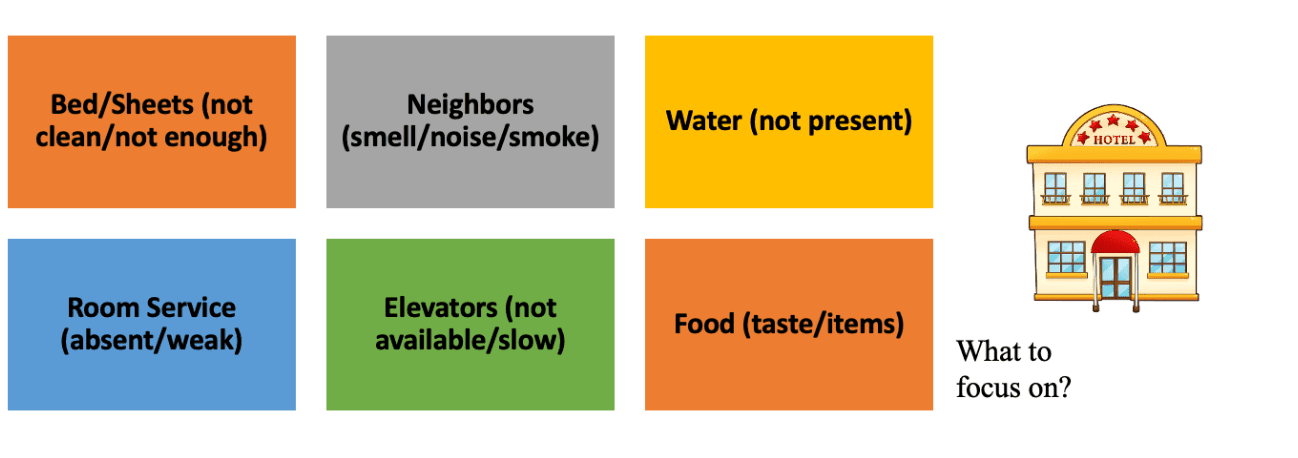شرح درس Language in Context
Manual User and Instructions
Silly, or as referred to some people as unnecessary instructions that appear on products such as food or electric appliances, we all buy in our everyday life, often appear for different reasons. Such instructions may appear comical to some, yet they might have a beneficial purpose.
لسّى درس Language in Context صعب عليك؟ لك حصتين مجانية مع باقتك الأولى
Let’s take a look on some instructions (examples on page 147 in the book)

Starting with the hair dryer, which is probably found in almost every house. Like any other product or electric appliance, it comes with a manual and some instructions and warnings
. Many people start using the product without looking at its manual thinking that they have enough knowledge or think that some instructions used are silly and no need for them to read.
People might think that what is written is almost funny to be present, like the instruction which says ‘’Do not use in water’’. On the other hand, such information is important to know since using such a product beside water might cause an electric shock.
Let’s continue with some others for example, people might think that what is written on an Iron ‘Do not iron clothes on body’ is silly enough that they don’t need to read, but actually some people might do such a step if in hurry and want to have their cloth done quickly. This might cause a burn to the clothes or even to the body itself.
· Another example is number 4; A shower cap. It is important for us to read such instructions ‘Use on one’s head’ for children because they might use on one’s face which might cause suffocation.
In summary, seemingly silly instructions on products are often the result of a combination of legal, safety, cultural, and marketing considerations. While they may appear unnecessary in many cases, they serve a purpose in reducing risks, ensuring proper use, and complying with regulations.
It's always a good practice for consumers to read and follow these instructions to ensure their own safety and the optimal performance of the product.
Skipping to the Listening part
Listening comes in 4 types

Steps to follow while listening

Why is it important to listen?
Let’s talk about some complaints.
Complaints typically refer to expressions of dissatisfaction or discontent made by individuals or organizations regarding a product, service, process, situation, or any other aspect that does not meet their expectations or standards.
We will mainly focus on guests’ complaints which are very important for any store or business to help in any improvement. Think about such questions:

Let’s take an example about HOTEL COMPLAINTS.
Suppose you went on a vacation and took a room in a hotel. Some complaints might include:

Who is speaking?
What is the speaker talking about?
Let’s take this conservation as an example (page 149)

This conservation is between a salesperson in a store and a customer complaining about a piece of clothes he/she bought. This customer is not satisfied with the jeans he/she bought, so the salesperson should listen carefully to the complaints and take notes as in the example below.
Complaints/Problem |
The jeans are cut with faded colors |
The jeans are flimsy |
It is torn at the knees and other places |
Let’s focus on some important phrases to use while having such conversation

Now to end up with, what do you think are some answers the salesperson can respond with to help the customer and keep him/her satisfied?
So, the salesperson can respond as follows:
‘I'm so sorry to hear that you're unhappy with your purchase. I'd be happy to assist you with this issue.
First of all, thank you for providing us with your complaints. Our goal is to provide our customers with satisfaction, so according to what you have provided, we can either offer you other jeans or a credit to buy something else with the same amount of money you have already paid.
Thank you for your patience!’
لسّى درس Language in Context صعب عليك؟ لك حصتين مجانية مع باقتك الأولى








